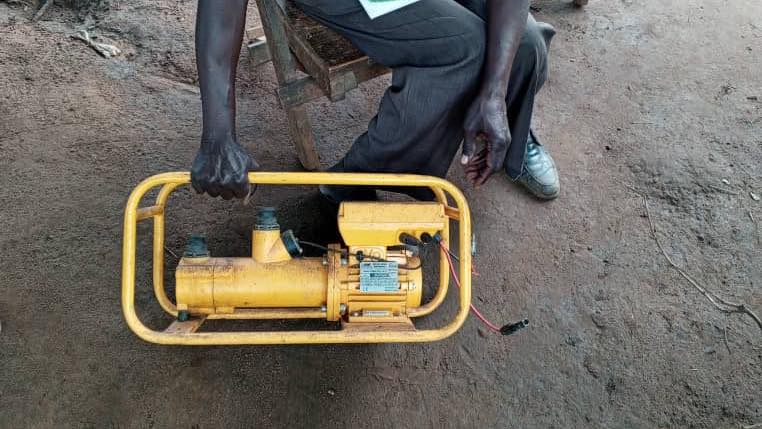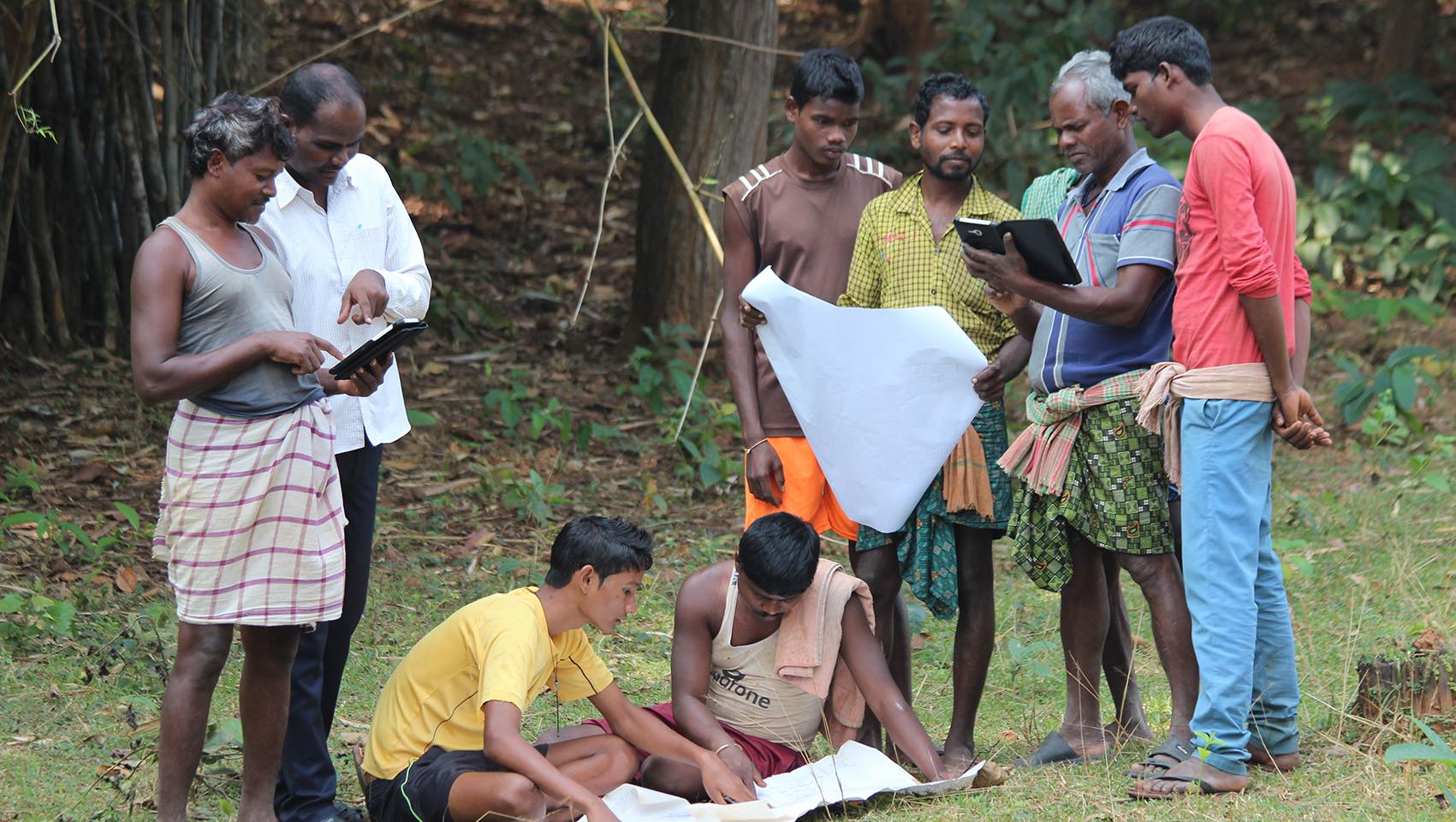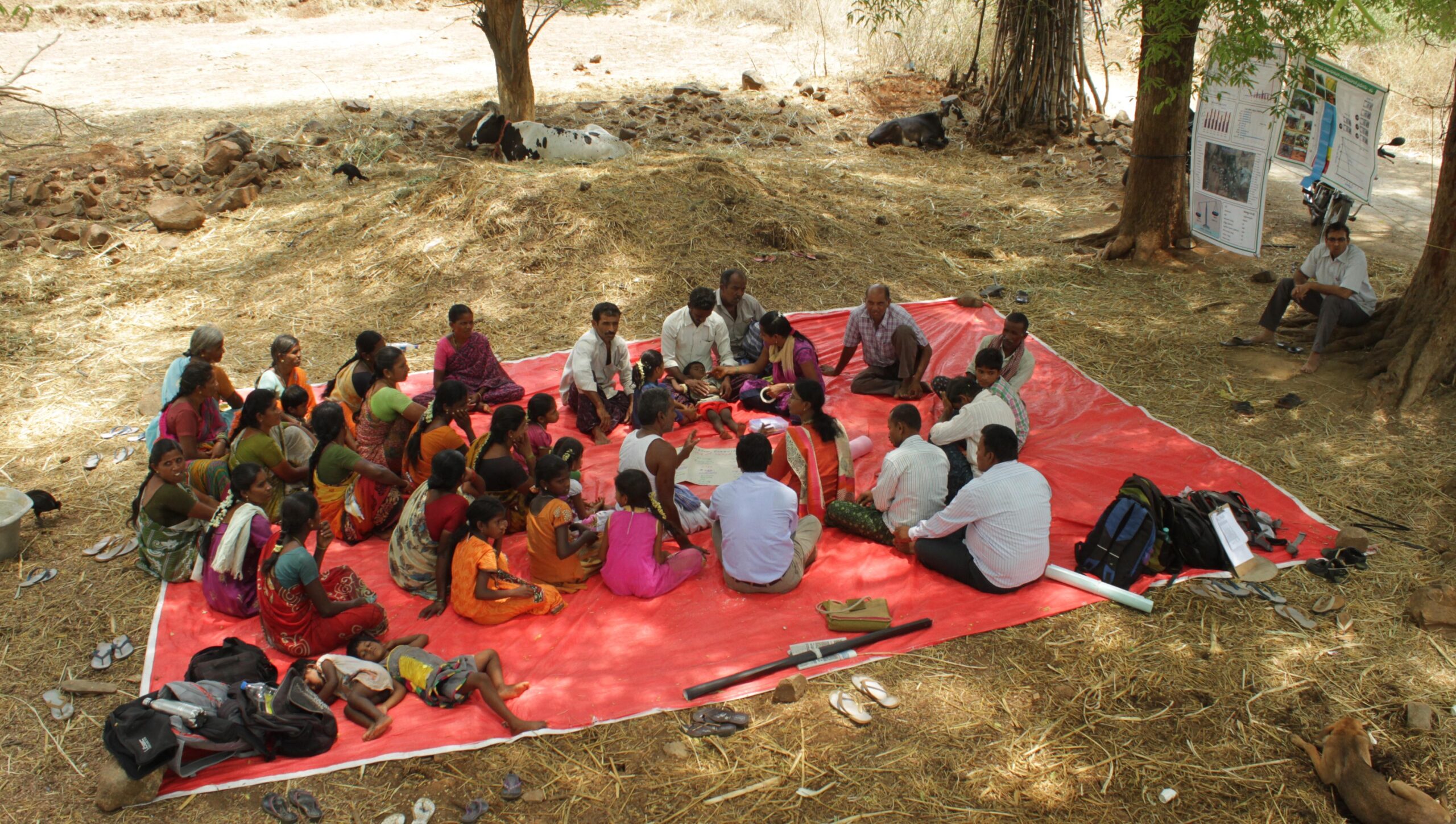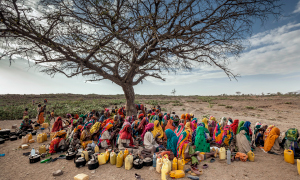Overview
Improving small-scale producers’ resilience and reducing greenhouse gas emissions from food systems.
Climate change poses unprecedented challenges to the world’s food systems, from agricultural production, ecosystems and biodiversity that underpin it, and across agri-food value chains, from processing, storage, transport, retailing and consumption of food. These growing climate risks impact food security, nutrition, and human health, as well as equity and livelihoods, hitting poor food producers and consumers the hardest. At the same time, food systems are generating one-third of human-caused greenhouse gases. Solutions must address this complex nexus of problems.
IFPRI has a three-pronged approach to address these challenges, working with partners around the world to identify, assess, and improve technical, policy, institutional, and governance responses that can drive transformative change. Our research focuses on improving food systems resilience to climate change, from field to fork, to reduce poverty and improve nutrition under climate change, while reducing the climate footprint of food systems. Research expertise includes foresight and modeling, analytical frameworks and metrics, natural resource governance, and evaluation of policies and innovations for production systems, markets and value chains, and trade and investment.
CGIAR Research Initiatives
- NEXUS Gains
- Mitigate+
- HER+
Learn more about IFPRI’s work on climate adaptation and mitigation
What’s New
-

Strengthening Uganda’s solar pump subsidy program: Key challenges and solutions
Helping smallholders build water security.
-

Six synergies to consider for groundwater governance
Advantages of “both/and” solutions.
-

Knowledge, motivation, and agency for groundwater governance
Collaborative approaches for a fragile resource.
Climate change by the numbers
For 5 decades, IFPRI’s research has informed policy decisions and investments made by governments, development organizations, and other partners around the world. The Institute’s impact assessment efforts have illuminated the economic, social, and environmental benefits.
US$1B
estimated economic returns on just a few of IFPRI’s research efforts
46
gold standard impact assessment reports commissioned
27
years of measuring institutional impact
412
million/people indirectly benefitting from IFPRI
Explore our research
Brief
Unlocking Innovation in homestead farms: Exploring drivers and barriers to innovation adoption among farming households in Uzbekistan
Brief
Evaluating hydropower and irrigation development in Sudan under climate change uncertainties
Report
2024 China and global food policy report: Building a sustainable and diversified food supply to foster agrifood systems transformation
Events
-

Implications of El Niño 2023/24 for Africa South of the Sahara
Virtual Event: November 29, 2023 at 7:30am-9:00am EST. IFPRI in collaboration with USAID FEWS NET and NASA’s Goddard Space Flight Center, is hosting a presentation on the potential impact of the upcoming El Niño on the global agrifood system, with special emphasis on low-income countries in Africa South of the Sahara. The event will be…
-

UN 2023 Water Conference
March 22, 2023 @ 11am – 12:15pm EDT: This session links the Decade of Action on Nutrition with the United Nations Water Action Decade and identifies areas for joint progress.




